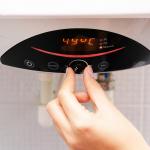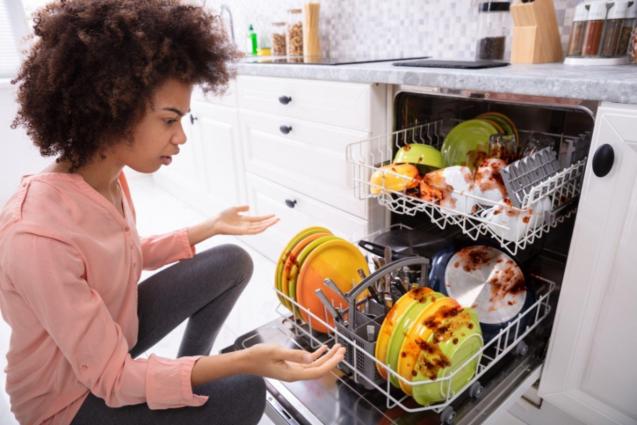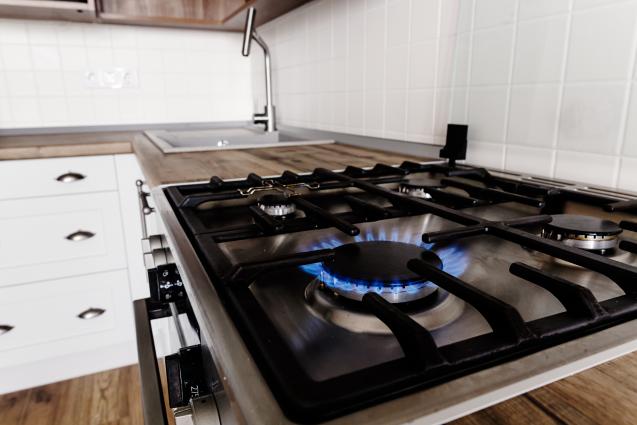
Guide to Electric Hot Water Systems
By Fluid Plumbing|January 10, 2022
What heats your water? Have you ever stopped to think about it?
There are a few types of hot water heating systems that run on different fuels. One of the most popular is powered by electricity. Gas is also common and solar-powered systems are gaining traction as an environmentally-friendly way to heat water.
Let’s look at electric hot water systems for a moment. How do they work? What are the pros and cons of these systems? Let’s find out!
What Is an Electric Hot Water System?
The simple definition is that an electric hot water system is one that uses electricity to heat the water. Most systems use a tank to store the heated water.
Small tanks can sometimes plug directly into a normal electrical outlet. Larger tanks will require their own special plug.
A more expensive type of hot water system doesn’t have a tank and is known as a continuous flow or tankless system.
How Do They Work?
The system uses an element made of copper or a nickel-chrome alloy that generates friction when electricity passes through it. This friction turns into heat, which is transferred to the water in the tank.
Both the element and the cold water feed are located near the bottom of the tank. Hot water rises, just as hot air does. Thus, as the water heats, it will move up the tank, making way for new water to enter.
The hot water leaves the tank through a pipe near the top. This ensures that only water that has been heated leaves the tank.
Continuous flow systems pass water through a heated copper wire that heats the water as it passes through. With this system, there is no heat loss or energy wasted as a large quantity of water sits around losing heat in the tank.
Pros and Cons of Electric Systems
Electric hot water systems are super convenient. Though you should always use a qualified installer, they are easy to install and upfront costs are relatively low (unless you’re buying a continuous flow system).
However, electric systems tend to be more expensive in the long run. The price of electricity just keeps going up.
You can help mitigate the cost by choosing an off-peak system. These systems allow you to set them to only heat water during off-peak hours when electricity is cheaper. However, they usually require a larger tank to ensure enough water to last all day.
Electric water heaters can usually last around 20 years with proper maintenance. However, keeping them maintained for optimal performance is key to avoid putting undo stress on the system.
Keeping Your Water Hot
Electricity is a great option for keeping your water hot if you don’t have a big budget for a new hot water system. You might pay a little more in the long run, but you’ll have plenty of hot water in the meantime!
There are a few types of hot water heating systems that run on different fuels. One of the most popular is powered by electricity. Gas is also common and solar-powered systems are gaining traction as an environmentally-friendly way to heat water.
Let’s look at electric hot water systems for a moment. How do they work? What are the pros and cons of these systems? Let’s find out!
What Is an Electric Hot Water System?
The simple definition is that an electric hot water system is one that uses electricity to heat the water. Most systems use a tank to store the heated water.
Small tanks can sometimes plug directly into a normal electrical outlet. Larger tanks will require their own special plug.
A more expensive type of hot water system doesn’t have a tank and is known as a continuous flow or tankless system.
How Do They Work?
The system uses an element made of copper or a nickel-chrome alloy that generates friction when electricity passes through it. This friction turns into heat, which is transferred to the water in the tank.
Both the element and the cold water feed are located near the bottom of the tank. Hot water rises, just as hot air does. Thus, as the water heats, it will move up the tank, making way for new water to enter.
The hot water leaves the tank through a pipe near the top. This ensures that only water that has been heated leaves the tank.
Continuous flow systems pass water through a heated copper wire that heats the water as it passes through. With this system, there is no heat loss or energy wasted as a large quantity of water sits around losing heat in the tank.
Pros and Cons of Electric Systems
Electric hot water systems are super convenient. Though you should always use a qualified installer, they are easy to install and upfront costs are relatively low (unless you’re buying a continuous flow system).
However, electric systems tend to be more expensive in the long run. The price of electricity just keeps going up.
You can help mitigate the cost by choosing an off-peak system. These systems allow you to set them to only heat water during off-peak hours when electricity is cheaper. However, they usually require a larger tank to ensure enough water to last all day.
Electric water heaters can usually last around 20 years with proper maintenance. However, keeping them maintained for optimal performance is key to avoid putting undo stress on the system.
Keeping Your Water Hot
Electricity is a great option for keeping your water hot if you don’t have a big budget for a new hot water system. You might pay a little more in the long run, but you’ll have plenty of hot water in the meantime!



